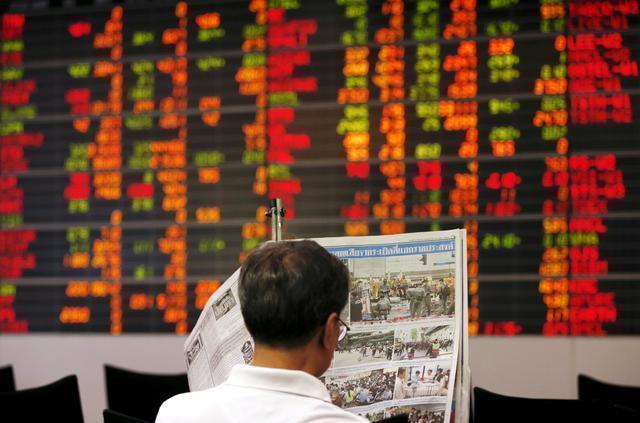We will start the week with November inflation data. In October, the increase in CPI was 85.5% and the increase in PPI was 157.7%, according to the Turkish Statistical Institute (TurkStat). The base effect, which has discussed for a while, will gradually begin to take effect as of November. We will see this much more clearly in the December data. The decline in fuel prices will also support this. However, inflation will remain high in the medium term, as a new rise in costs will begin after the minimum wage increase in January.
The real effective exchange rate (REER) for November will be announced on Tuesday afternoon. The REER is an index that reflects the real value of TRY by comparing the consumer inflation of Turkey with its main trading partners, based on the year 2003 taken as 100. Values below 100 indicate that TRY is less valued against other currencies, and values above 100 indicate that TRY is valuable against other currencies in real terms.
The REER has halved compared to the 2000s. The index, which has fallen since 2011, decreased to 47.7 last December, its weakest level ever. It was 55.7 in October. This shows that the TRY is extremely undervalued against a basket of our trading partners’ currencies.
Regarding other economic data, TurkStat will release education and health expenditure statistics for 2021 on Wednesday, and Provincial Gross Domestic Product (GDP) for 2021 on Thursday.
In terms of internal affairs, the 12-day uninterrupted discussions for the 2023 Budget will begin with the submission of the budget by Vice President Fuat Oktay to the Parliament’s General Assembly today.
The Parliament’s Foreign Affairs Committee will discuss 10 legislative proposals for the approval of international agreements on Tuesday.
The negotiation process for the minimum wage, awaited by millions of employees, also begins this week. The Minimum Wage Determination Commission will hold its first meeting on December 7 and its second meeting on December 14. The Confederation of Turkish Trade Unions (TURK-IS), will represent the employee side and the Turkish Confederation of Employer Associations (TISK) will represent the employer side during the talks. The new minimum wage, which is expected to be determined at the end of December, will be effective from 1 January 2023.
DAILY AGENDA
TurkStat will announce the Consumer Price Index for November (10.00 a.m.).
TurkStat will release the Domestic Producer Price Index for November (10.00 a.m.).
IN OUR MAGAZINE THIS WEEK:
>> On the cover: Ambassador Nikolaus Meyer-Landrut, Head of the European Union Delegation to Turkey, is on our cover this week. Meyer-Landrut thinks that a lot has been done since the European Council decided on stronger re-engagement under what is described as the “positive agenda” last year in its March and June meetings. “EU-Turkey cooperation needs to be expanded on the basis of the positive agenda, which the European Council decided on last year”, he said. You can read the details on pages 8-9.
>> Professor Ilter Turan: Maybe it’s time to start negotiating. P. 10.
>> Business by Law: A new era in electronic commerce. You can read the details on page 11.
>> Chief Economist Gunduz Findikcioglu touches on ‘Deficits, dollars, and reserves’ on pages 12-13.
>> Zeynep Gurcanli: Internal tension, External normalization. You can read the details on page 14.
Meanwhile…
>> Turkish automotive exports rose by 13.7% to USD 2.87bn in November, year-over-year, according to the Uludag Automotive Industry Exporters’ Association (OIB).
>> The diesel fuel and fertilizer support for cotton manufacturers will be raised by 257% from TRY 76 to TRY 271 per thousand square meters, according to President Recep Tayyip Erdogan.
>> So far, 524 ships with over 13 million tons of grain have left Ukrainian ports since the Istanbul grain export deal was inked on August 1, according to the National Defense Ministry.
>> Exports increased by 1.9% to USD 21.9m and imports reached USD 30.7bn in November, compared to the same month last year, according to the preliminary data announced by Trade Minister Mehmet Mus. The foreign trade deficit jumped 61% to USD 8.8bn in November, year-over-year.










